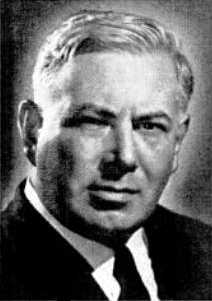A Quote by William Moulton Marston
Comics play a trite but lusty tune on the C natural keys of human nature. They rouse the most primitive, but also the most powerful, reverberations in the noisy cranial sound-box of consciousness, drowning out more subtle symphonies. Comics scorn finesse, thereby incurring the wrath of linguistic adepts. They defy the limits of accepted fact and convention, thus amortizing to apoplexy the ossified arteries of routine thought.
Related Quotes
Most comics are not truly rebellious or creatively free. Most comics, paintings, music, etc., are derivative of other, more successful works. And it's quite often that those without much rebellious spirit are the ones to imitate it. Genuine radical expression is hard to come by, but it usually crops up when money is not a motivating factor. You can take all the liberties you want when someone else's dime is not at stake. The validation is not a threat to comics. A far greater threat to the creative freedom of artists working in any medium is self-consciousness and self-censorship.
I think all senior politicians tend to be rather more subtle then the commentators would have it. It is a natural tendency for human beings to try to classify. We all have this classification urge - so and so is such and such, that person is in that camp - but look, most sophisticated people defy stereotype.
There are a lot of good comics, no doubt, but as far as the quality of the comics goes, I think what you have is a bunch of situational comics - there are black comics that work only black crowds, gay comics that do only gay crowds, and southern comics that only work down South, and so on with Asian, Latino, Indian, midgets, etc. The previous generation's comics were better because they had to make everybody laugh.
Just the fact that there's motion and sound, took me a long time on Walking Dead to get used to the fact that in television, characters don't have to say things. In comics, people have to say I feel this way, or I want to do this, and you can do so much with gesture and movement and facial expressions that you can do sometimes facial expression stuff in comics, but you can do so more if somebody can move around without actually speaking. That leads to a different style of writing between the two mediums.
I’ve always thought that if comics are a part of pop culture [then] they should reflect pop culture, but a lot of the time comics, superhero comics especially, just feed on themselves. For me, comics should take from every bit of pop culture that they can; they’ve got the same DNA as music and film and TV and fashion and all of these things.





































